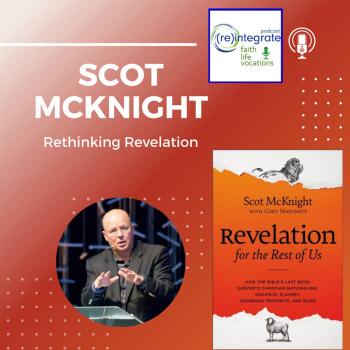Having planted a church, I’ve become convinced of something. New churches in North America must move from a purely pastoral mindset into a missionary mindset. However, in the evangelical sub-culture, the leader of any church, including a church plant, is supposed to first be the people’s “pastor”… that is, the church-planter is not supposed to be first the leader of a band of missionaries to affect a culture for Christ, but rather the care-taker of the people in the church.
This is a tension for church planters.
On top of this tension, most denominations want to see rapid growth from their church plants, which usually means that the church-planting pastor has to make compromises to the mission-mindedness of the project so that the church can attract Christians from other churches in order to grow quickly.
The tension is between the “pastoral context” of modern evangelicalism and the “missional context” needed to reach new people with the gospel.
True missionary work takes time and it takes sacrifice. A church planter must make mission the priority, even at the risk of not being as pastoral as most in the congregation would like.
I felt this tension. As I pastored a new church, attempting to reach a new group of people with the gospel of Christ, some of the key people in the core group of the church began to demand that I be their “pastor.” I was supposed to care for the needs of those in the church – providing programs for youth and providing teaching and worship expriences that would be pleasing to the standard evangelical ear.
The question underlying the church-planter’s calling is this: Do you care more about those “out there” than you do for those “in here?” If you appear to care more for those “out there,” the evangelicals in your midst will soon resent you.
Now, here’s where the tension was found for me. I actually wanted to be their pastor, and yet I was attempting to create an environment where we would all see ourselves as missionaries. I wanted to be able to accomplish both, and my negotiation of this tension left a lot to be desired. In the end, I’m afraid I did both tasks poorly.
It takes a special person to be the leader of missionaries as well as be the pastor of a church. Perhaps this is why church planting is a unique calling. Perhaps this is why you need more than one person at the point – a team of people to perform all the nuances of church-planting ministry. Perhaps this is why so many church plants fail – denominations do not see church plants in the same light as over-seas missions and are failing to think in innovative ways to make new ventures successful in reaching people. Funding is set up poorly, long-term viability is not pursued.
The church needs to think in missionary terms instead of pastoral terms to reach a postmodern American culture. And yet, the people in the church that is being established need to be pastored.
This is the tension of church planting. Any suggestions?












